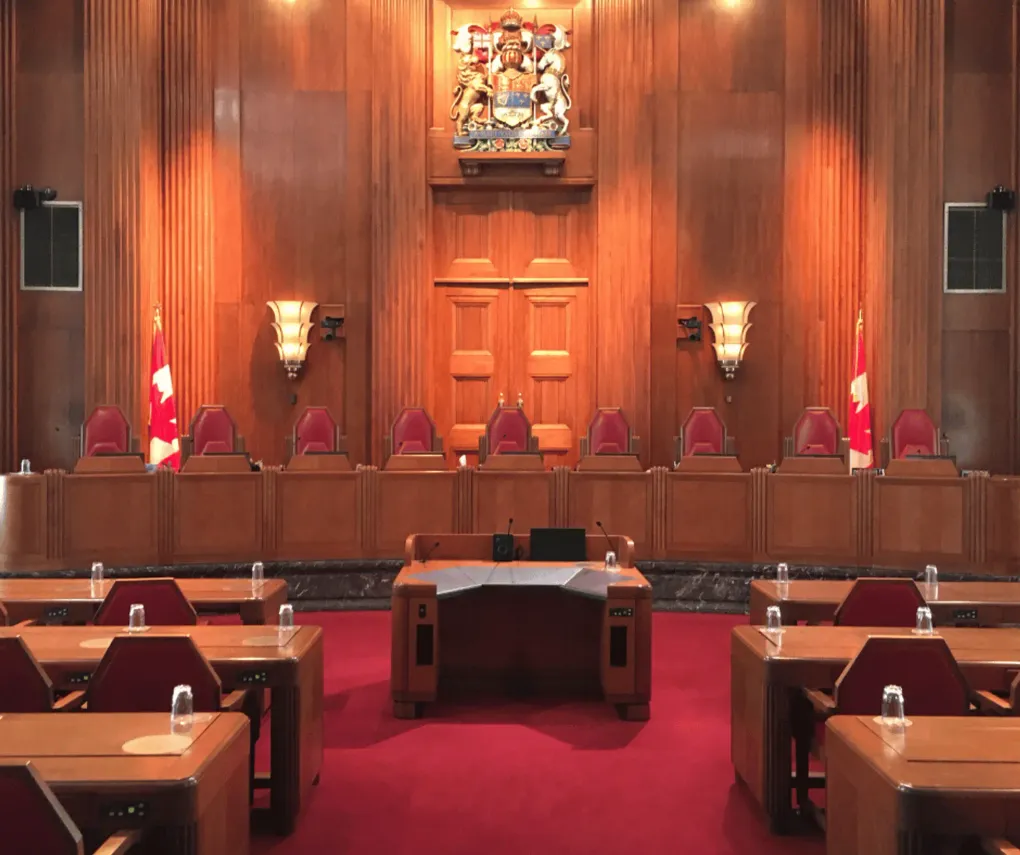What should I do if I or someone close to me is arrested for murder?
Immediately request a solicitor and avoid speaking to the police without legal advice. Early representation ensures your rights are protected, evidence is gathered properly, and your case is handled professionally from the outset. Never underestimate the importance of early legal involvement when facing serious charges like murder.
What rights do I have if I’m charged with murder?
If charged with murder, your rights include:
- Immediate access to legal representation.
- The right to remain silent during police questioning.
- Access to evidence gathered against you.
- Fair treatment throughout investigations and court proceedings.
- Proper medical care and attention if required while in custody.
It's vital you clearly understand and exercise these rights fully, ensuring your legal defence remains as strong as possible.
Is it possible for murder charges to be reduced or dismissed?
Yes, murder charges can sometimes be reduced or dismissed. Skilled criminal defence solicitors frequently secure reduced charges or dismissals by presenting evidence effectively, highlighting flaws in prosecution arguments, or negotiating with prosecutors. Typical scenarios include proving diminished responsibility, lack of intent, or procedural errors in the investigation.
How long will I wait between arrest and trial?
The timeframe between arrest and trial for murder charges varies significantly based on complexity. Straightforward cases might reach court within 6–12 months. Complex cases involving detailed forensic evidence, numerous witnesses, or intricate legal issues can take 18 months or longer. Your solicitor will continually update you throughout this period, explaining any delays and actively managing the process.
What happens during a murder trial?
Murder trials follow structured stages:
- Jury selection: A jury is selected and sworn in.
- Opening statements: Prosecution and defence present their cases briefly.
- Prosecution case: Evidence, witness testimonies, and cross-examinations.
- Defence case: Presentation of your defence, including evidence and witnesses.
- Closing statements: Both sides summarise their arguments.
- Judge’s directions: The judge provides legal guidance to the jury.
- Jury deliberation and verdict: Jurors decide guilt or innocence.
- Sentencing: If guilty, sentencing typically occurs at a separate hearing.
Trials usually last several weeks, though particularly complex cases can extend to months.
Will I go to prison immediately after being charged with murder?
Not necessarily. Being charged with murder means you'll typically be held in custody initially. However, in some cases, your solicitor can make a robust application for bail. Bail is not guaranteed and depends on factors including flight risk, evidence strength, public safety, and personal circumstances.
How much does legal representation cost for murder charges?
Legal costs for murder defence vary widely. Factors affecting costs include case complexity, duration, number of expert witnesses, barrister fees, and court days. Typically, murder defence costs range from tens to hundreds of thousands of pounds. Fortunately, many individuals facing murder charges qualify for Legal Aid, significantly reducing or even fully covering your defence expenses. Always discuss costs transparently with your solicitor to fully understand your financial obligations.
Can I change solicitors if I’m not happy with my current representation?
Absolutely. You're entitled to change your solicitor at any stage of your case. Effective representation demands confidence and trust. If you have genuine concerns regarding your solicitor’s performance, communication, or expertise, seek advice on switching to a solicitor who can meet your expectations and fully support your defence.
What evidence is typically used in murder trials?
Evidence commonly used in murder trials includes:
- Forensic evidence such as DNA, fingerprints, blood, and ballistic reports.
- CCTV and video footage from crime scenes.
- Witness statements and testimonies.
- Mobile phone data and digital evidence.
- Medical and pathology expert reports.
- Psychological evaluations where relevant.
Your solicitor carefully scrutinises all evidence, ensuring weaknesses or inaccuracies are robustly challenged.
How successful are appeals against murder convictions?
Appeal success varies, depending on grounds such as fresh evidence, procedural mistakes, or unfair trial claims. Skilled solicitors frequently achieve successful appeals by presenting clear, convincing arguments to the Court of Appeal Criminal Division. While exact success rates vary yearly, carefully prepared appeals regularly result in reduced sentences, retrials, or complete overturning of convictions.




